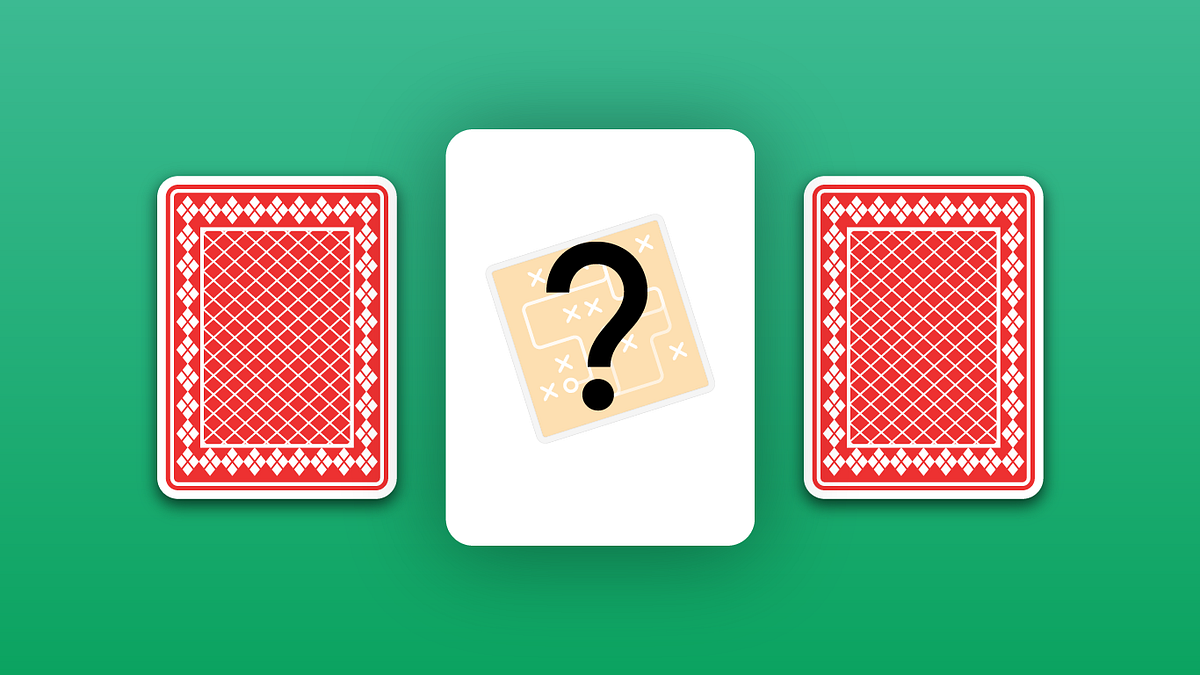In 2016, I embarked on a project called Speculative Supply that was meant to be a go-to source for tools built on speculation. This was fueled by my final project at the Copenhagen Institute of Interaction Design which was intended to be an educational tool with speculation as the core mechanic.
Things have slowed down significantly on my end since then with regards to the development of these tools, but looking at the state of the world right now, I feel as though it’s time pick up the work again. With blockchain and cryptocurrencies running amok in the news, invading investors’ minds, capturing the attention of social scientists, economists, and technologists alike — there has never been a better time for analyzing the educational power of speculation.
Fiction is slowly dying, making way for a generation of people who are so busy worried about what to do next, that they don’t ever consider what to think of anything they do. Our hyper-focus on productivity and self-fulfillment has become so exaggerated that we’re slowly killing our imaginations, our critical thinking ability, and our mental health. I don’t have science to prove this, but from my own introspection, I feel as though life has become a complete treadmill and one of the glaring omissions between my life today and just two years ago is pontification. The kind of mental meandering that would usually leave me thinking of the wildest questions, and fiction has always been excellent kindling for those kinds of thoughts.
My original claim about the power of speculation in education was based on the idea that when people are free to create a fictional future, they’d be intrinsically more inclined to explore the real world. The idea was that by giving people the agency on the future, they’d be able to have agency on their present mind and spark the curiosity that’s so fundamental to learning.
In short, my hypothesis (still unproven) was that increased speculation means increased curiosity.
What’s next then?
Currently there are two major projects that occupy my time: One is still focused on education, except in the much more pragmatic world of professional training for entrepreneurs. The other is a real-estate evaluation tool that’s intended to help people understand the true value of properties so that they can be empowered to investment more comfortably. Fundamentally, I landed upon those projects by asking myself some simple What if? questions. What if education for entrepreneurs was more effective? What if buying properties wasn’t so hard?
I’m not sure what that would mean in the short-term for Speculative Supply. I am still incredibly passionate about the subject of speculation and the power of asking good questions, but how to turn that into action will need some more reflection.
What I do know is that in our world today, with an increasing dichotomy of opinions, a slew of transformative technologies knocking on our doors, and an ever increasing disconnection between humans, we definitely need to start asking ourselves some damned good questions.
Until I have something more concrete planned for Speculative Supply, feel free to explore the landing page and see the variety of projects that I was exploring. I’d love to hear any thoughts and opinions you might have about the work I was doing.
